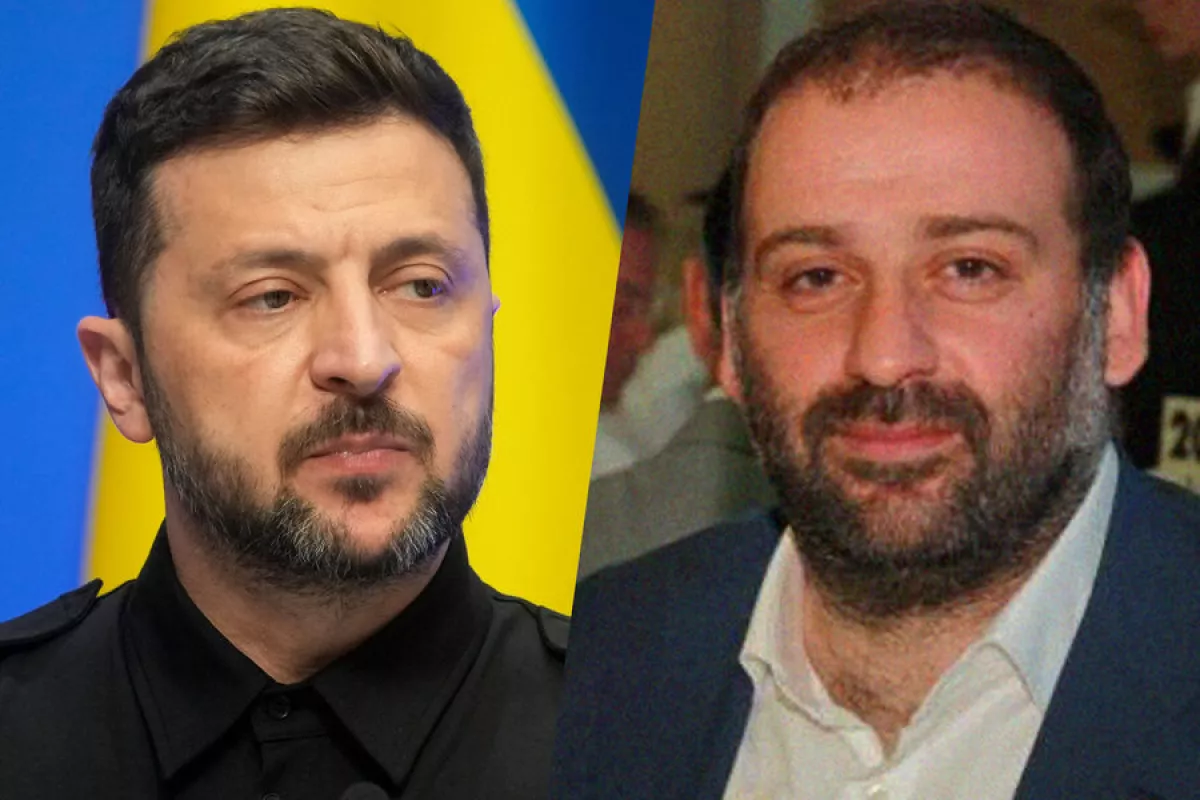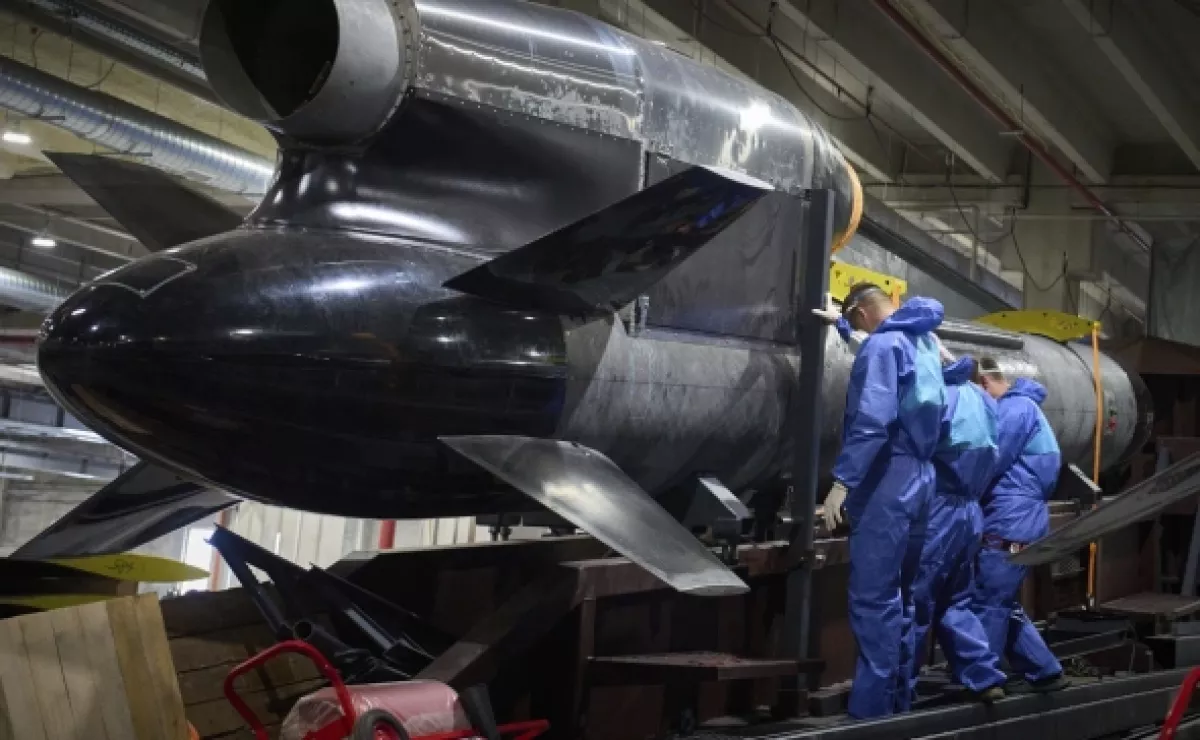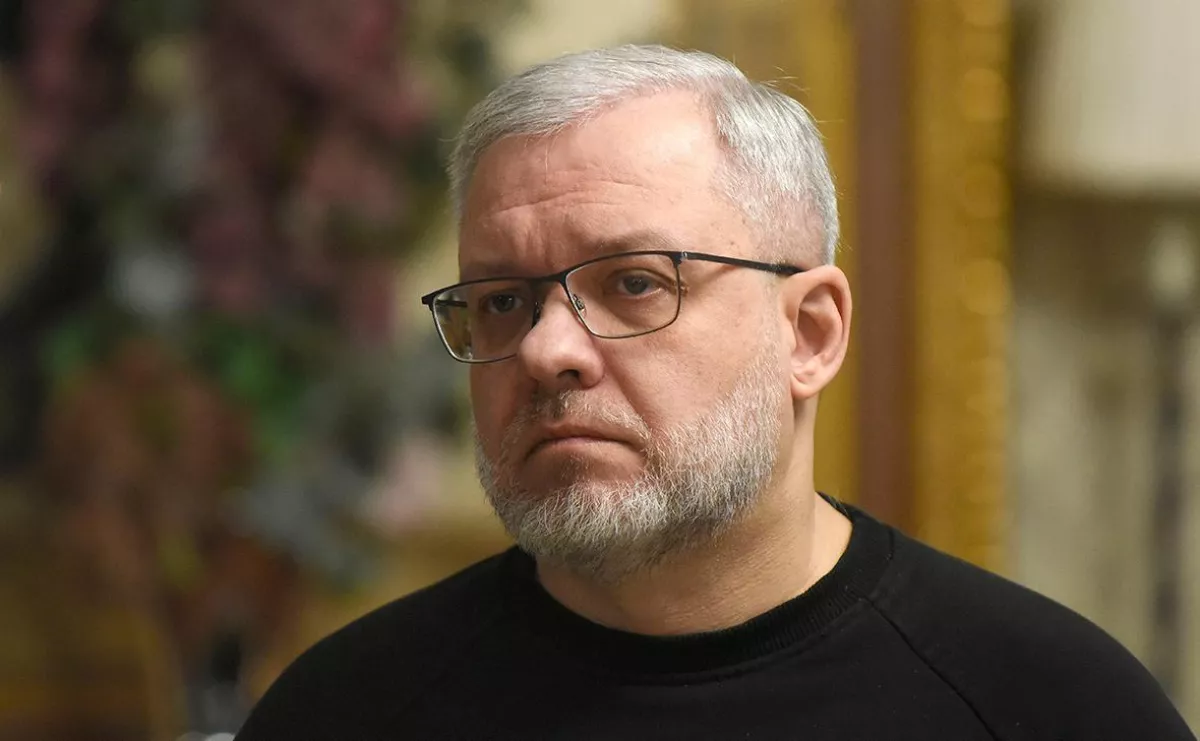Corruption during wartime Global press accuses Zelenskyy
The international media have reacted extremely sharply to the scandal surrounding Operation “Midas.” A year-long investigation has uncovered a scheme of systematic kickbacks at the state-owned company Energoatom — a company that plays a central role in supplying the country with electricity and forms the backbone of its energy security. International outlets emphasise that this is not an isolated incident, but an ongoing criminal model.

According to the investigation, a group connected to longtime associate of Volodymyr Zelenskyy — Timur Mindich — turned access to state contracts into a stable source of income, with part of the funds passing through structures linked to individuals under investigation for activities in Russia’s interests. Against this backdrop, the global press almost unanimously notes that what is happening has ceased to be a purely domestic scandal, becoming instead a test of the political resilience of Ukraine’s authorities and exposing processes that had remained hidden for years due to the war.
Germany’s Die Welt calls the investigation “the largest of the entire conflict,” emphasising the breadth of the accusations and the scale of the damage, estimated at around $100 million. The outlet lists the full range of identified violations — from corrupt procurement procedures and embezzlement to parallel management structures and “black” accounting — highlighting that potential figures involved include current politicians and top executives.
American CNN focuses on a different aspect: in the published fragments of phone conversations, the name of Volodymyr Zelenskyy was indirectly mentioned for the first time. In the court-submitted transcript, the case’s key figure, Timur Mindich, apparently hints at his influence over the president and boasts that he persuaded him to call the Minister of Energy and invite him to a meeting.

Al Jazeera views the developments as a blow to Kyiv’s international reputation. Channel experts speak openly of the “marauding of a state-owned company during the war” and emphasise that the scandal is already affecting Ukraine’s external support.
Additional attention was drawn to the fact that Mindich is linked to Firepoint, a manufacturer of long-range drones and surveillance equipment, which received lucrative government contracts, some of which were funded by Germany. Berlin is now raising questions about the transparency of these deals.
According to Nikolay Mitrokhin from the University of Bremen, the scandal has put supporters of these contracts in Germany in an awkward position, as their arguments now appear to endorse dubious connections. He emphasised that what is unfolding is only part of a broader pattern of corruption, including the embezzlement of foreign aid and abuses in defence procurement.
Süddeutsche Zeitung emphasises the technical side of the investigation, noting that over the course of more than a year, investigators listened to around 1,000 hours of conversations. The newspaper reports that the energy sector executives now under suspicion were receiving 10–15 percent kickbacks on each contract, including projects for the construction of protective structures for transformer substations, and that some figures were involved in corruption in the defence sector. This establishes a direct link between embezzlement and Ukraine’s ability to defend itself against Russian strikes.
Le Figaro focuses on the political dimension of the scandal. The French outlet writes that the investigation gained particular intensity after reports emerged of Mindich’s alleged involvement — a close associate of Zelenskyy. The Specialised Anti-Corruption Prosecutor’s Office (SAP) explicitly stated that he used “privileged relations with the Ukrainian president” to organise criminal activities. For a European audience, this marked a turning point, highlighting the gap between the government’s public anti-corruption statements and its actual practices.
Foreign Policy views the scandal as a threat to Ukraine’s defence capabilities. The magazine notes that Ukraine now faces a “new front” of threat from within, as corruption has affected the construction of defensive structures intended to protect energy facilities from Russian attacks. The investigation found that politicians and influential figures received bribes from contractors, directly impacting the country’s security.

Junge Welt highlights one of the most discussed episodes — allegations against former Energy Minister Herman Halushchenko, who, according to the investigation, deliberately failed to fulfil contracts for the protection of energy facilities. In conversations with the case’s key figures, he allegedly stated that rebuilding destroyed facilities would generate more profit than protecting them on time. This particular detail caused significant outrage within Ukrainian society.
The Washington Post recalls that just a few months earlier, Zelenskyy had attempted to limit the independence of NABU and SAP, which sparked protests and a sharp reaction from the EU. In this context, the results of the current investigation cast doubt on Kyiv’s commitment to fighting corruption.
The New York Times summarises the overall tone of Western media: Zelenskyy has failed to deliver on one of his key campaign promises. Allegations of corruption continued to emerge in both the energy sector and defence procurement, and Operation “Midas” has become yet another confirmation that the systemic nature of the problem persists under the current government.








